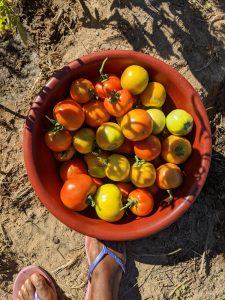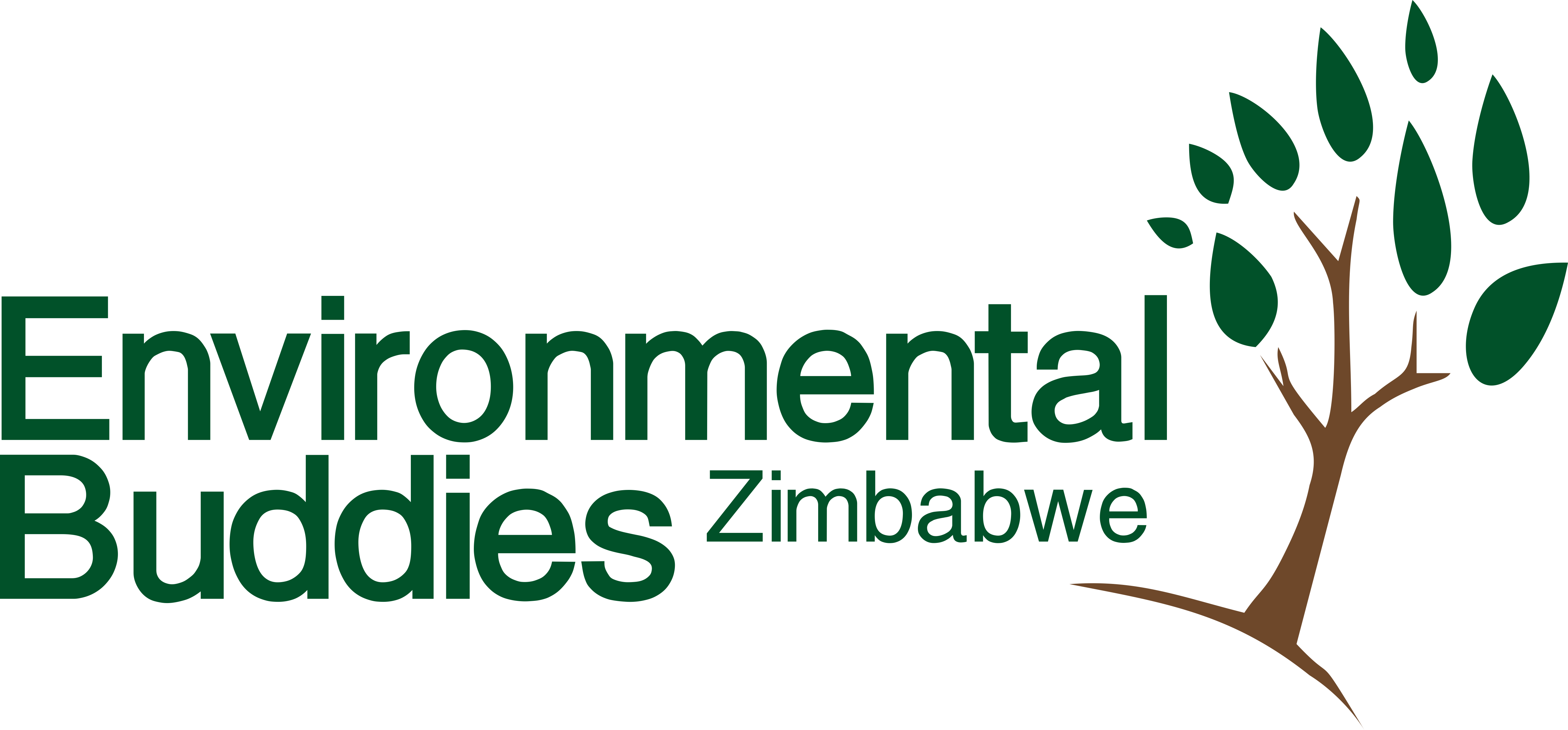Covid-19: Surviving by Living In A Bubble.
COVID-19, the novel virus that was first reported late 2019 has reaped havoc globally, a virus that attacks one’s respiratory system by entering through the nose. This virus has spread throughout the globe like wildfire and has led to over a million reported cases in just a couple of months. Though we have had cases whereby people have died, it is safe to say that several thousands have recovered.
Due to this, governments have been forced to make drastic decisions, such as ordering the lockdown of whole countries this, disturbing a lot of companies, travels and of course schooling. Zimbabwe is no exception. Quarantining hasn’t been the best of experience for most of us, it feels like living in a bubble where there is no way in or out of that place, but if you really put your mind to why you are doing this, it doesn’t sound half as bad. Think about it, it feels so much safer in your own home than to be out there where you don’t know who has the virus and who doesn’t. The need to stay home at this time (during the coronavirus outbreak) is keep the virus from spreading. If you think you don’t have a huge role to play in how the coronavirus outbreak can spread, think again. You have the potential to make this pandemic so much worse. You could easily come across a person with the virus when you go out of your house, it can easily catch on to you unnoticed, you meet another person and pass it on to them and them to another person, now you can see how this is already making a big circle of sick people- this virus could only show after fourteen days but you are still able to pass it on even without any of the symptoms showing, whereas you could have easily avoided this by STAYING HOME. Whether we like it or not we simply have to abide by the #stayhome rule.
Like they say “there is no place like home”.
What is it like living in a bubble? Well, for me I would say so far it has been compelling, the thought of apprehending yourself more nowadays with technology we no longer have the time to just sit and have a break from our devices and think through, find ourselves, that element has, of course, left the bulk of us.
CITY DWELLERS AND FOOD PRODUCTION
For this group of people, it is onerous for them to stay away from the city as they so depend on the city for whatever it is that they may need. Yet, it is precisely in cities that the risk of catching and spreading the virus is the highest as confirmed by statistics around the world…There are solutions which can be given to them if they are inclined to follow the necessary measures to stay away from the city. At times like these, it is obligatory to have self-reliant communities, communities that can depend on themselves. We can make the resources that are so desperately needed, like say you have run out of tomatoes at home, what do you do now? Easy, be prepared for such a situation by having your own small vegetable garden at home! Even besides the outbreak situation, it is a good habit to grow your vegetables at home. Similarly, when you run out of meat, it would be much easier if you have your own small game like rabbits, or chicken. I also see no problem in being vegetarian for that short period of quarantine. Growing indigenous fruit also keeps you healthy inside your bubble.
You may find that keeping your vegetable garden and keeping your small game by yourself makes life more manageable in general.

E-LEARNING DURING QUARANTINE
I outlined before that the pandemic has reaped disturbances and because of that learning programs have had to be paused. It is in times like these that we, without a doubt, need E-learning. But this comes off as hard in underdeveloped countries like Zimbabwe since we do not have enough of the resources. In particular, not everyone has access to the internet. That is why Zimbabwean pupils have been granted the opportunity to be able to access E-learning and all for free.
Strive and Tsitsi Masiyiwa’s Higherlife Foundation has partnered with the Ministry of Primary and Secondary Education to provide free online educational material for pupils during the lockdown.
Pupils can access the learning material through the Ruzivo platform on www. rdl.co.zw.
It still comes out as a difficulty since some students in the rural areas do not have access to WiFi or access to the internet; we understand that it all comes as free but the signing up needs internet.
I ask that the government can do whatever it is in their power to ensure that pupils are able to go ahead with their learning programs, andif they could even install Local Area Networks (LAN) in these areas or find sponsors for these areas. The government could also donate WiFi routers to selected schools although timetables would also be necessary considering social distancing.
The goal of disaster preparedness is to lessen the impact of disasters on vulnerable populations, to ready an organization for an influx of activity, and to design a coordinated plan that reduces the waste of resources, time, and efforts.
As Zimbabwe, we have learned a lot from this pandemic, one of the lessons being the lack of preparation as a nation, now, and all related problems leading to an economic crisis. If the economy were in ‘okay’ shape, we would have been able to build hospitals with proper and adequate equipment. Many aspects that need looking at here like the fact that no matter what we still have people breaking the lockdown code, going to the shops to get a few additional things that of course might not be available at a home level, all this because we were not prepared, we need technological improvements in Zimbabwe, yes its a time taking process but this is needed, to save our lives, have our groceries delivered to our doorsteps for instance.
What about masks? These accessories were worn by anyone and just everyone. Yet, it was clearly stated that a mask shall only be worn by a sick person and the people who are taking care of the sick person, and can only be worn once, but some people wore it more than once, in this time of corona we were told to stay hygienic and wearing the same mask for more than one day is unhygienic.
What about sanitizer? ‘Wash your hands’ they told us and we did. We bought sanitizer, but I think this was all supposed to be the government’s responsibility to provide sanitizer for the people. When we say lack of preparation we mean all these situations that could have been avoided but were not because they, we, took the situation lightly. It was declared a world pandemic, which would’ve been evident that eventually, the pandemic would’ve gotten here and yet we still weren’t prepared.
If the government had been more prepared, like taken action quicker some cases would have been avoided.




